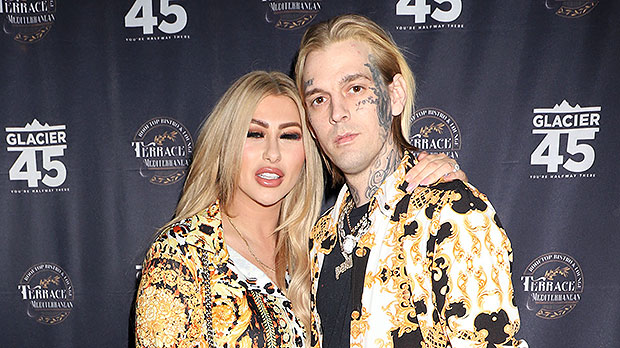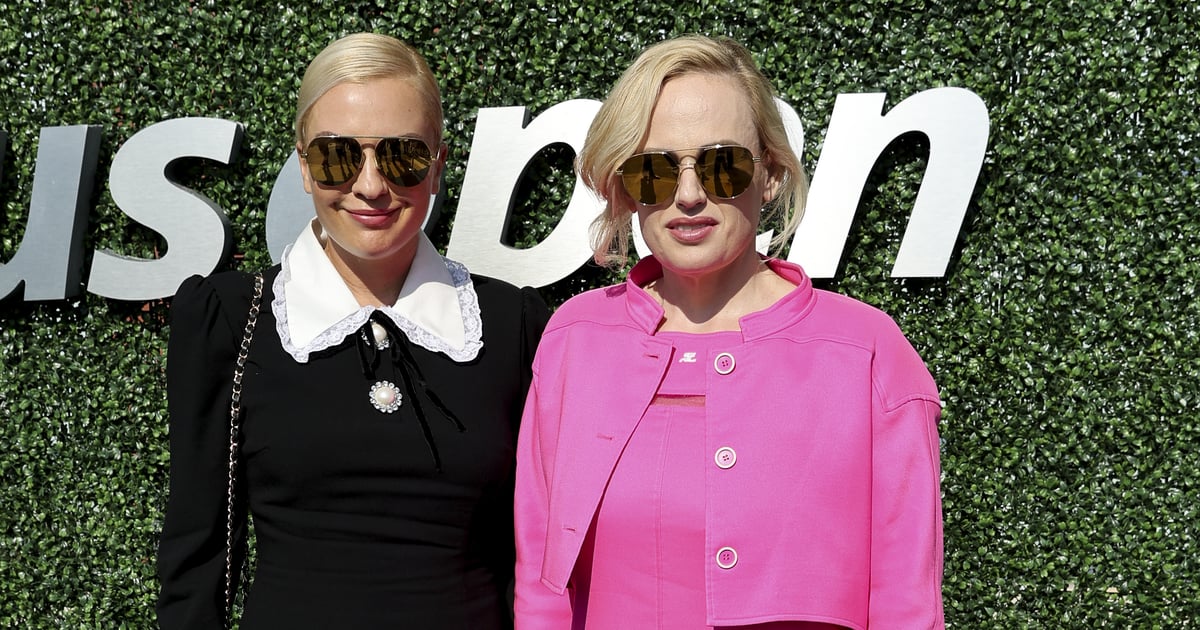Inside the Merger That Could Have Ended HBO as We Know It

“We do that,” Plepler responded.
“Yes, you do,” Stankey said. “Just not enough.”
“Oh no,” Plepler said. “Be careful.”
As the tension in the room simmered, both men kept fidgeting, speaking with their hands and recrossing their legs. There was little eye contact. The next year, Stankey told the crowd, would be a difficult one for HBO. The old way of doing business wouldn’t cut it anymore. The industry was being disrupted by Silicon Valley. He didn’t mention Netflix by name. But he didn’t have to. “You will work very hard, and this next year will—my wife hates it when I say this—feel like childbirth,” he said.
Afterward, some HBO staffers walked out of the room in a bit of a daze. Plepler would later tell people it was apparent to him after that first, fraught town hall meeting with Stankey that it was not going to work out for him. He would leave the network eight months later.
Tall and gregarious, Plepler was always described in the press, without fail, as perma-tanned, an apt description, which he hated. Plepler grew up in Manchester, Connecticut, just outside of Hartford, the elder brother in a liberal family that was active in Democratic politics. He attended Franklin & Marshall, a small liberal arts college in Lancaster, Pennsylvania, where he studied government and played on the tennis team. After graduating in 1981, he moved to Washington, D.C., to work for Christopher Dodd, the U.S. senator for Connecticut.
Plepler moved to New York in 1984, and soon began working for John Scanlon, a charming, well-read publicist with a bottomless appetite for networking. Scanlon seemed to know everybody in media, entertainment, and journalism. His electric group of close friends included the Irish poet Seamus Heaney, the newspaper columnist Pete Hamill, and ABC Evening News anchor Peter Jennings. “John played a huge role in my inauguration to the city,” Plepler says.
Working under Scanlon, Plepler gained an orientation toward the news profession that would guide his future career. Some of Scanlon’s competitors were merely publicists, says Plepler. Scanlon was a strategist. Within two years, Plepler branched out on his own, opening a public relations firm with a fairly grandiose name belying his relative inexperience: RLP International. At the beginning, Plepler was its sole employee. With time, his clients grew to include a wonky mix of Democratic politicians and highbrow media outlets like Mort Zuckerman’s Atlantic Monthly and HBO.
Plepler joined Time Warner as a full-time public relations executive in 1992 and began working closely with HBO’s powerful chairman, Michael Fuchs. Plepler, like Scanlon, was a fervent believer in the power of personal relationships to advance one’s cause. At HBO, Plepler became an advocate for a strategy that he sometimes called the “permanent campaign.” The basic idea was that you didn’t wait until the feverish onset of a crisis to figure out who you needed to court and win over to defend you publicly in your moment of need. It was much more effective to have already invested the time and energy, under cooler circumstances, in courting those influential members of public opinion, much better to have already forged a bond.Every lunch, every dinner, every film premiere was an opportunity to sit down with someone of note in public office or the press and start building a foundation of mutual understanding and respect.
Plepler would tell his colleagues that, unlike the free broadcast networks, HBO couldn’t afford to take a single day off from advancing its cause. There was no off-season for HBO. If a customer wasn’t satisfied with the network, they could cancel the service just like that. HBO, Plepler would say, “needed to be elected every month.” Before long, Fuchs was regularly taking counsel from Plepler, who quickly became known inside the company as much more than a public relations guy. He was a key HBO strategist and Fuchs’s esteemed consigliere.
“I saw myself in those early days as a campaign manager,” Plepler says. “And Michael was the candidate.”
When Fuchs was fired in 1995, Plepler grew close to his successor, Jeff Bewkes. In the decade that followed, with HBO broadcasting series like The Wire, The Sopranos, and Sex and the City, the company’s fortunes soared. As did Plepler’s.
By June 2007, HBO was adrift.
The media, already churning with speculation on how the network could survive the coming end of The Sopranos, escalated into a frenzy over its uncertain future in the wake of the sudden departure of chief executive Chris Albrecht, days after he was arrested in Las Vegas for assaulting his girlfriend. (He later pleaded no contest to misdemeanor battery.) With the network at a risky crossroads, HBO named Bill Nelson, the network’s in-house risk manager, as his successor.
Share this news on your Fb,Twitter and Whatsapp
NY Press News:Latest News Headlines
NY Press News||Health||New York||USA News||Technology||World News





